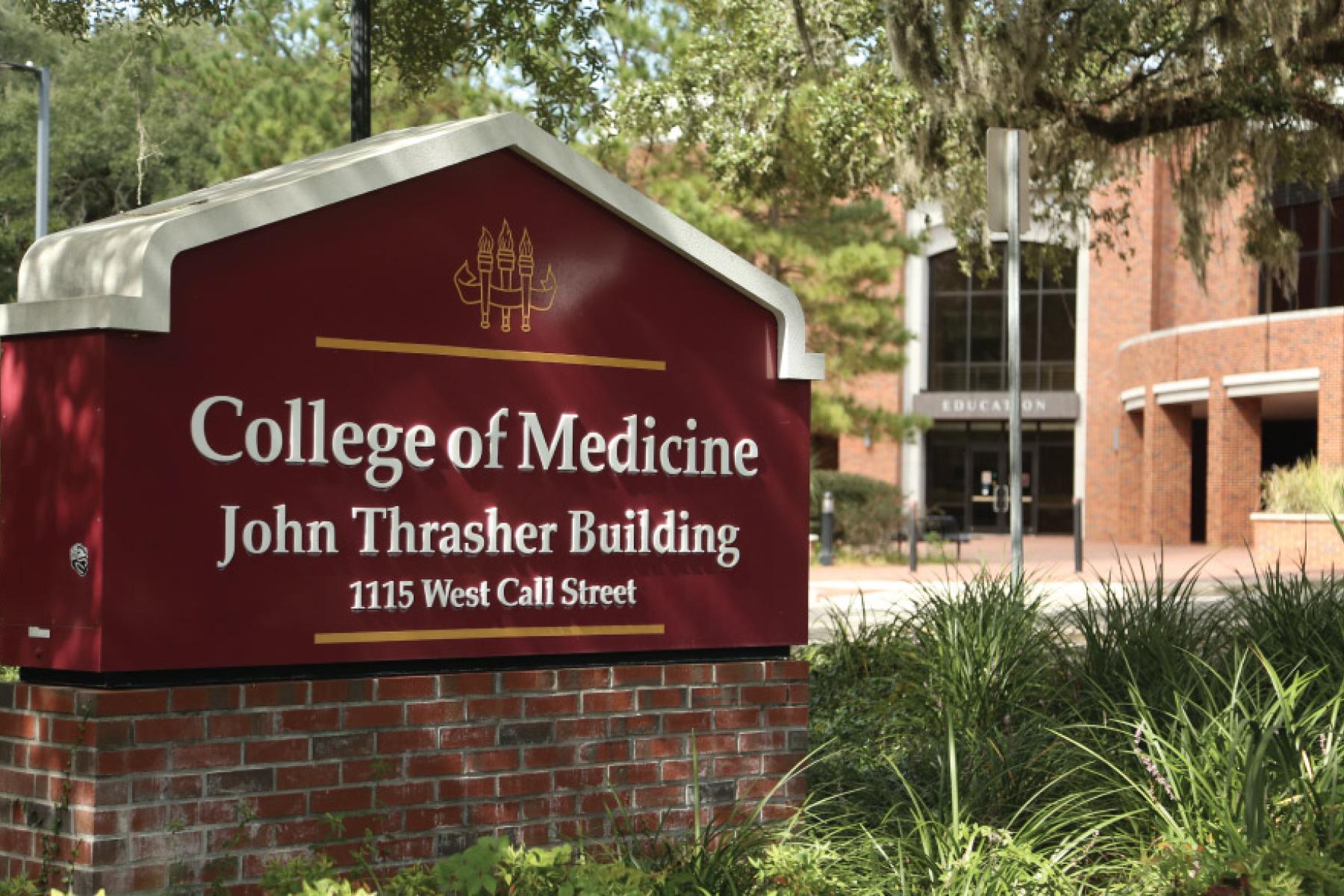Here are a few options to help you find what you're looking for:
- Visit our homepage
- If you entered the URL manually, please check the spelling and try again
- Use the search form above to look for information on the Florida State University College of Medicine website
- Click on your browser's back button to try another link



